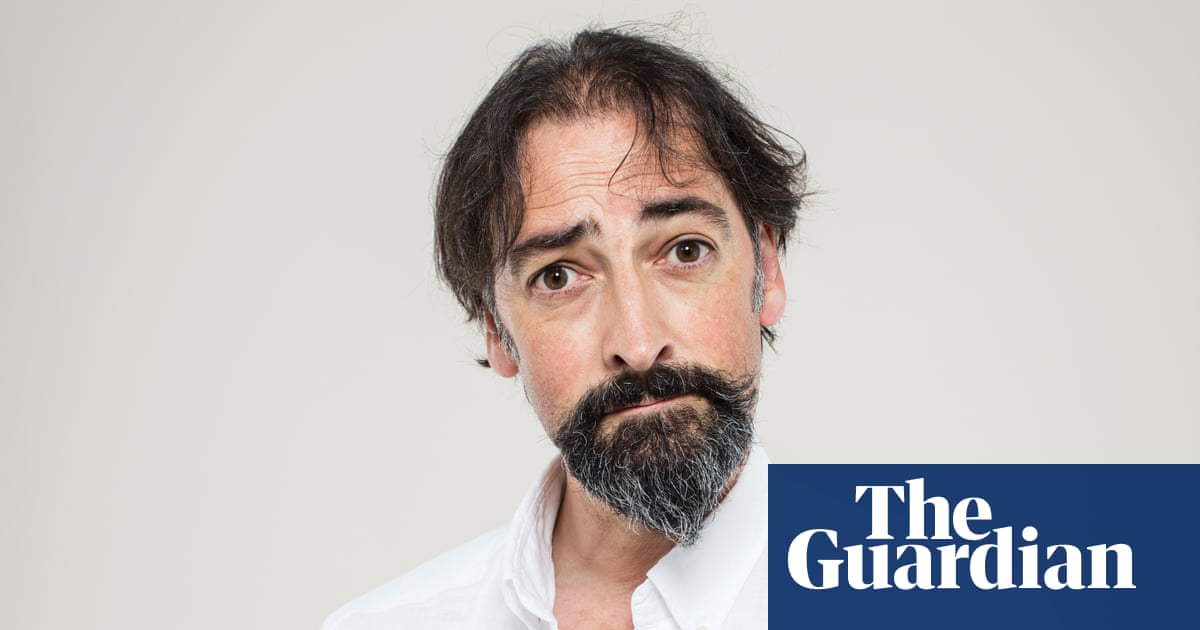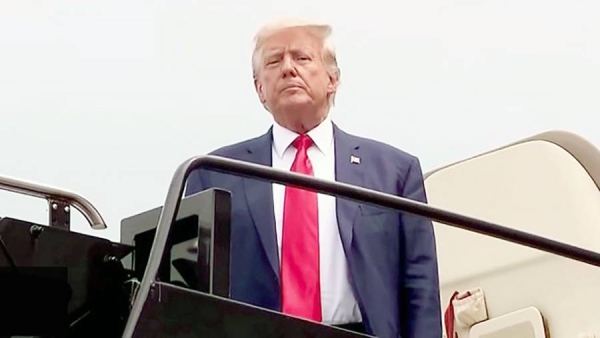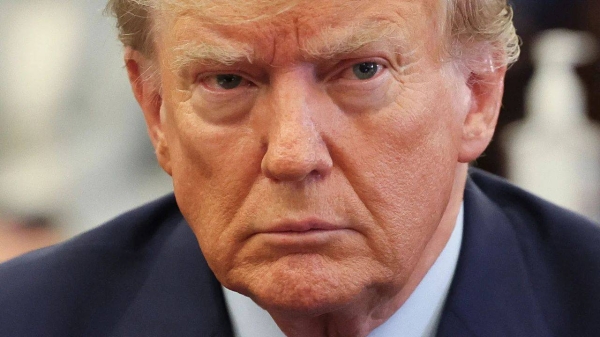
The recent attack on a synagogue in Halle, which was live-streamed on Amazon’s Twitch service, has again brought to the fore the discussion about social media and hate speech. Members of the Global Internet Forum to Counter Terrorism, whose members include Facebook, Google, Microsoft and Twitter, were apparently collaborating to take the video down. Alas, it still aired, and for too long.
If Halle and the attacks on a synagogue in Pennsylvania and a mosque in Christchurch have taught us anything, it is that governments should place just as much emphasis on monitoring hate speech and communications “traffic” from right-wing extremists as they do from Islamist or left-wing groups.
The internet and social media in particular have made horizontal connectivity easy, allowing forces for good like nongovernmental organizations, self-help groups and democratic activists to connect freely and inexpensively across borders. However, they have given the same opportunity to the forces for evil — terrorist groups of all colors.
Hate speech has become a big problem because people feel less inhibited by convention or political correctness when they are on Twitter and other social media platforms. People will say and advocate outrageous statements when they can do so as the faceless to the faceless. This relative anonymity takes down psychological barriers and creates an apparent safe zone for the airing of raw emotions. The problem with that is that hate speech can spread and recruit further “haters.”
Extremist groups on the right and the left are masters at instrumentalizing the web for recruiting purposes. Daesh did so, as did neo-Nazis.
This brings what tech companies and governments do into sharp focus. After Christchurch and Halle, they used “hashing” technology, which reduces content to code in order for it to be spotted and removed automatically. That sounds good, but unfortunately the technology does not kick in quickly enough.
The overarching problem is how much monitoring by the state is permissible in a free society.
Security authorities have insisted for some time that they need the capability to monitor conversations on encrypted services such as WhatsApp. Tech companies and civil rights activists argue that their encryption services are important to safeguard the writer’s privacy and safety, especially in more “repressive” regimes. They list Hong Kong as a prime example: Demonstrators there organize their demonstrations via WhatsApp precisely because the encrypted technology allows them to remain undetected by the authorities. The same holds true in other countries, which is why WhatsApp is not on the menu under several of the world’s more authoritarian regimes.
The question here is where do civil liberties end and where is it important for the state to monitor and intercept communications early? Another issue is what tech companies can do to stop the live streaming of terrorist activities and other atrocities. Where does the responsibility of tech companies kick in, especially as the time lag and efficiency of hashing technology is still a problem?
There are no easy answers, especially for governments in liberal democracies. Protecting both civil liberties and their citizens’ security are in their purview. The discussion in Germany last week was wide-ranging and did not come up with any concrete solutions. It was emotionally charged because anti-Semitism is on the rise. Many Jews fear for their safety once again — 74 years after the end of Nazi terror and the Holocaust. This must be unacceptable in anybody’s book.
The tech companies have responsibilities toward the state as well as their users. Hacking incidents and the sale of customer data are big and related subjects. Beefing up their monitoring capabilities will also augment their cost base. The latter should not be an issue, but the Facebooks, Googles and Amazons of this world are run for profit. They also face increased scrutiny on their tax base from the Organization for Economic Cooperation and Development, which will further erode their profitability further down the road.
It is never an easy issue when civil liberties and free speech clash with security, because it is the task of the state to guarantee both. One can argue that security trumps the right of secrecy in an encrypted conversation. It is clear, however, that the state and the tech companies need to do better in monitoring terrorist chatter from all sides, taking down hate speech, and ensuring no further attacks are streamed. Resources and costs must be of secondary concern.
This is a debate that will be with us for some time to come. The internet and social media have brought us many good things, but also this particular dilemma.
Cornelia Meyer is a business consultant, macroeconomist and energy expert. Twitter: @MeyerResources











